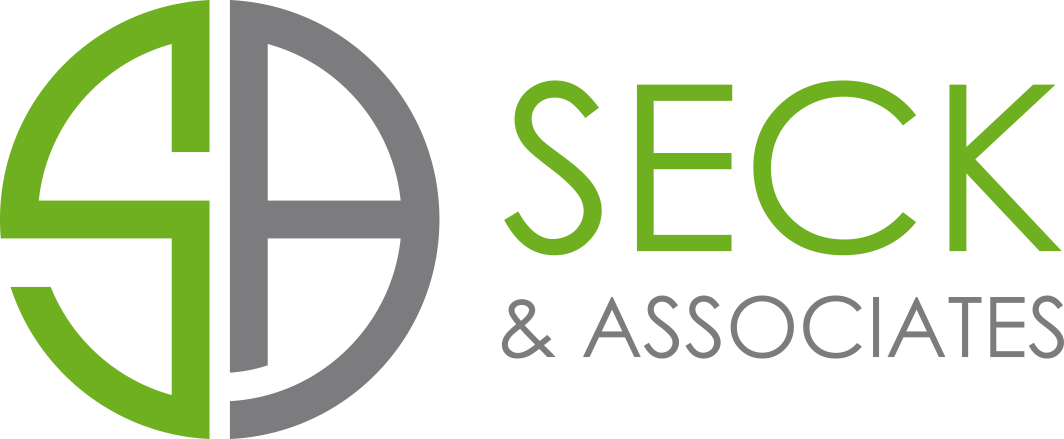Estate planning can be an intimidating process for anyone. Sometimes it feels like the attorneys are speaking a foreign language full of confusing terms and concepts. Seck & Associates is going to present a series of estate planning blogs to break down and provide a brief overview of several common terms, concepts, and types of trusts to help our clients work with us to achieve their goals. Although in this series of blogs we will attempt to provide a general overview of this process, it is important to remember that very estate plan is unique, and structuring depends on 1) the types of assets currently held by the client, 2) the client’s retirement plans, 3) the client’s anticipated need for long-term care, 4) the client’s wishes for distributing property and wealth to both the client and others throughout the client’s life and following the client’s passing, and 5) tax considerations. After you gain the following general estate planning knowledge, we are happy to sit down with you and address the specific needs of you and your family.
In Part I of our series this week we will address the common terms and concepts you will hear discussed in your first meeting with your estate planning attorney.
Part I – Estate Planning Terminology
Estate plans center around two key sets of documents – the Wills and the Trusts set up to achieve the goals of each client. As we discuss Wills and Trusts, we will be using certain legal terms to describe the various parties involved. A Will is a legal document that coordinates the distribution of assets after death, and it can appoint guardians for minor children. The person making a Will is called a Testator (or if female Testatrix), and the intended recipients of property or other assets under the Will are called Beneficiaries, or in some cases Devisees. Wills also appoint a certain individual (and frequently an alternate person in case the person appointed is unable to serve) to administer the Will. That administrator is called an Executor, and it is the Executor’s job to work with the probate court to make sure that all the property and assets of the Testator (person making the Will) are distributed according to the Will and all other applicable estate planning documents, including Trusts.
As further discussed below, Trusts are used to make the property transfer process following death of the creator of the Trust easier and to take advantage of certain tax rules. The creator of a Trust can be referred to by any of three terms: Trustor, Grantor, or Settlor. The persons receiving property or other assets under the Trust are called Beneficiaries, just like the recipients under a Will are called Beneficiaries. Trusts also have a person in charge of administration called a Trustee, and depending on the type of Trust, the Trustee can be the Grantor, a person appointed by the Grantor, or an independent third party (frequently a trust company or bank).
Just like the Executor of a Will, the Trustee is responsible for making sure that the Trust Assets (all the property and assets held by the Trust) are managed and distributed according to the instructions of the Trustor contained in the Trust. Because Trusts operate both during the life of the Grantor and after the Grantor’s passing, the Trustee has ongoing management responsibilities for the Trust that include distributing Trust income to the Beneficiaries, caretaking for Trust assets, and other administrative duties. Under many Trusts, the Grantor is also a Beneficiary throughout the Grantor’s life, and depending on the type of Trust, the Grantor frequently retains a level of control over the Trust assets, including the rights to transfer assets into and out of the Trust and, in some cases, even terminate the Trust altogether. Termination of a Trust is called Dissolution of the Trust.
We hope this first part of our series has provided some comfort and clarity in what to expect during your first meeting with your estate planning attorney. For your own personal consultation please reach out to us at sseck@seckassociates.com. We are happy to sit down with you and address the specific needs of you and your family.

